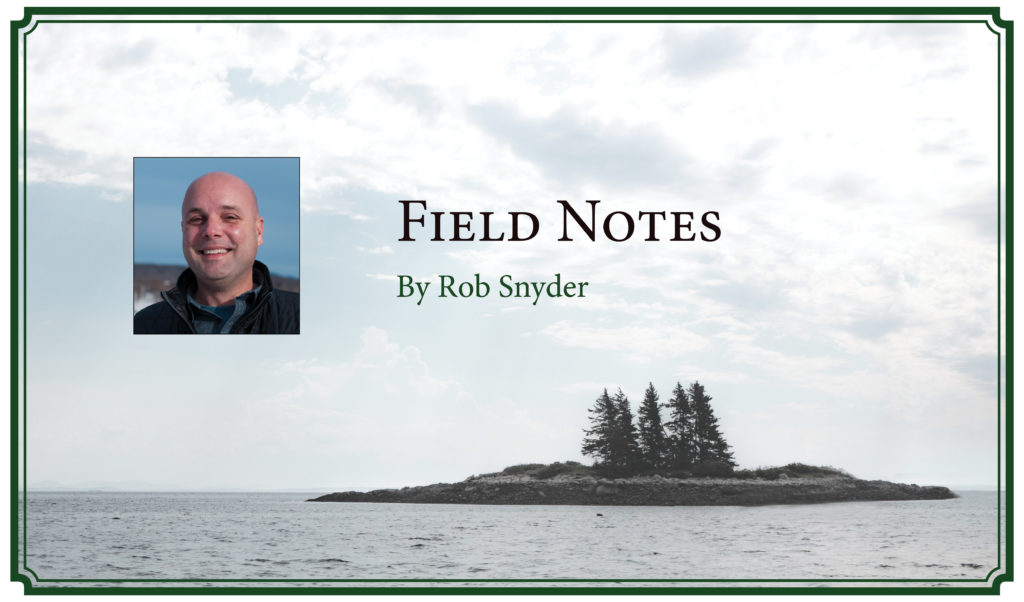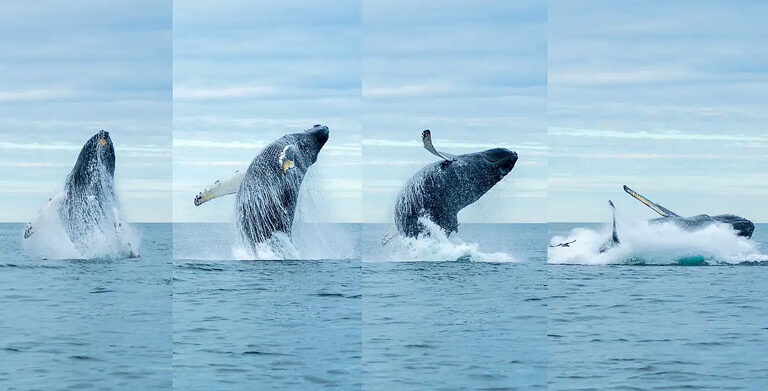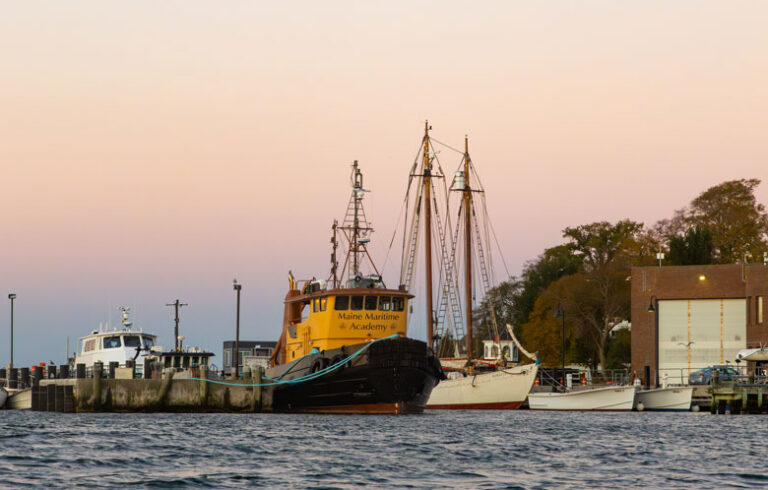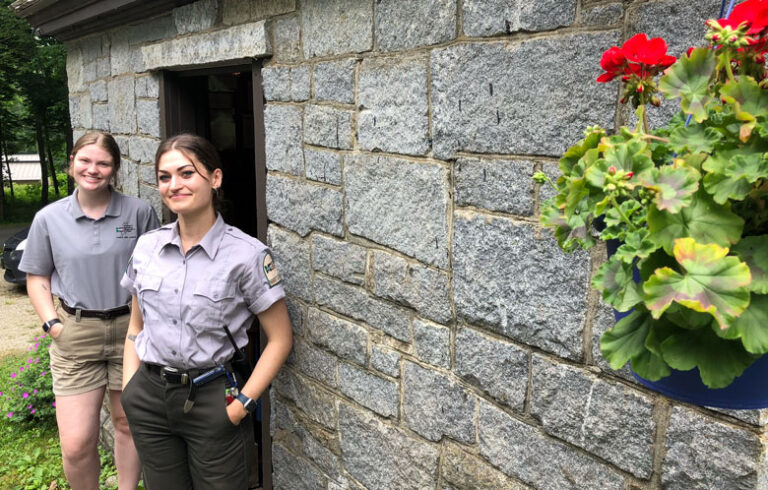By Rob Snyder
When Patrick Keliher assumes his place at the front of the room, he does so humbly. His smile projects calm, his eyes look knowingly from behind wire rimmed glasses, and his jeans and flannel shirt are unassuming. He has the perfect presence to serve as Maine’s commissioner of marine resources.
Commissioner Keliher is tasked with representing the state’s interest in all of our ocean fisheries. He is in his ninth year on the job, having begun under Gov. Paul LePage, and continuing today under Gov. Janet Mills. It is no small feat to stay in a governor-appointed position across two administrations with such divergent approaches to state leadership. However, the support he enjoys from industry leaders, combined with his personal integrity, make his longevity easy to understand.
In addition to navigating the sometimes mercurial will of governors, Keliher spends his days and weeks meeting with representatives from all of our fisheries, making sure that Maine is well represented on the New England Fisheries Management Council, the Atlantic States Marine Fisheries Councils, and numerous other efforts that include fisheries stock assessments, the marketing and branding of Maine seafood products, and international fisheries management issues.
Everything that swims and crawls in the ocean off our coast falls under his jurisdiction, as do all the people who are out there fishing. The law enforcement arm of the department, the Maine Marine Patrol, also is under Keliher’s purview.
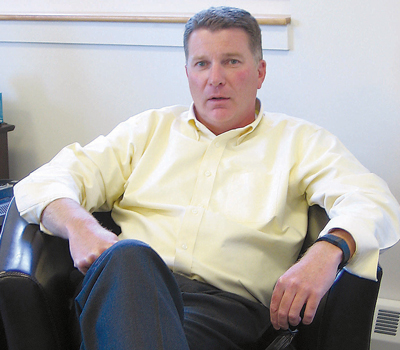
When the commissioner talks about the future of our ocean fisheries one thing quickly becomes evident—we need to be prepared for the unpredictable.
When he took office, there wasn’t cause to focus on green crabs, so resources were directed to other issues. Within a few years, we had an invasive green crab crisis that required much more effort than anticipated. Aquaculture was not seeing the growth that we are seeing today, so the department has been working hard to expand the resources it has available to implement the permitting process with the requisite integrity mandated by law. The shrimp fishery shut down during his tenure due to a perfect, and unpredictable storm of warming ocean waters and over fishing.
Issues facing the lobster industry surrounding access to bait could not have been planned for five years ago. Today, the department is spending a lot of time trying to ensure that any bait that enters the fishery will be safe for lobsters and so avoiding any damage to the Maine lobster brand.
Having a flexible and passionate team behind him has been a critical and notable accomplishment—and a lesson for how to build organizations that can be responsive in changing times.
In fact, if you look back on the history of fisheries, there is very little evidence that a heavy emphasis on long-term planning for his department could have helped much. While the larger crisis may have been predictable, you couldn’t know with accuracy when it would hit us.
Keliher often finds himself at the front of the room with people who want to yell at him—and he makes it clear when it is OK to do so. He understands and empathizes with the frustrations that come with making a living by fishing. He knows how his actions will impact people’s livelihoods, and he takes this seriously.
One element of his leadership worth noting is how he navigates these crises as they sweep across the coast with annual regularity. Over the past nine years, I can think of at least four major efforts the commissioner has made to meet with and have difficult conversations with Maine’s lobster zone councils. For example, he has had to do this for the right whale issue numerous times, as well as with the bait shortage.
Each time there is a threat, he carefully walks the lobster industry up to a cliff of bad news—tough scientific or regulatory developments—but works to keep fishermen from falling off. He doesn’t diminish the harsh reality that could lie ahead, but by making the industry look over that cliff, it is better able to face the hard facts. And he has done this over and over again.
The significance is that Keliher is conditioning the Maine lobster industry to understand that major changes are coming—maybe not today, but they are coming. He is not telling people what to do, but rather he is helping them understand the gravity of the situation. Over time, he is ensuring that everyone had fair warning that change is coming.
I don’t think this will make going through change any easier, but those who are listening and participating in the process will have been able to make changes to their businesses to lessen the blow.
When changes are forced on our fisheries because of right whale deaths, trade wars, or ocean warming, the people who are listening to the commissioner will be better off for having done so.
Rob Snyder is president of the Island Institute, publisher of The Working Waterfront. Follow Rob on Twitter @ProOutsider
